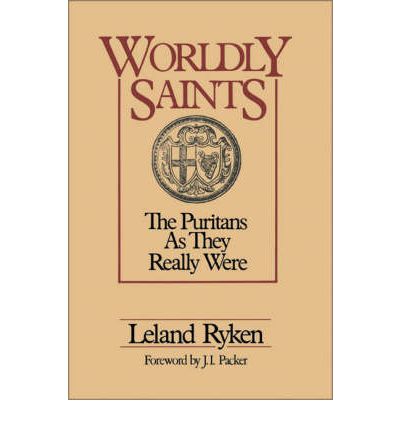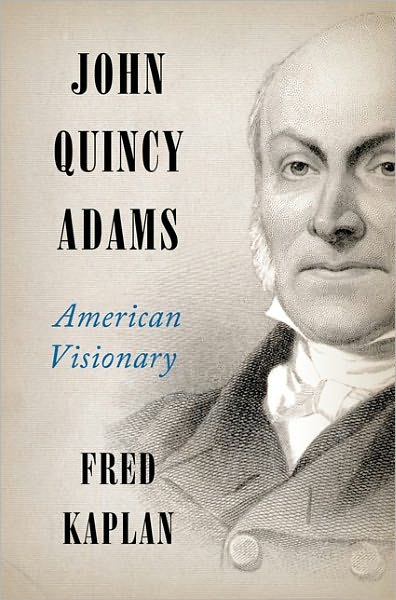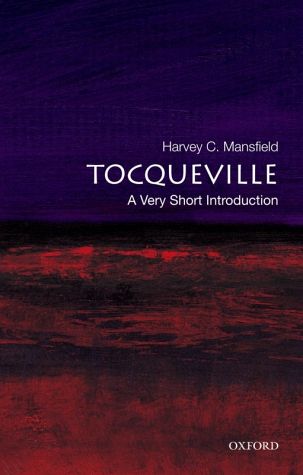Henshall, Kenneth. A History of Japan: From Stone Age to Superpower. Third edition. New York: Palgrave Macmillan, 2012.
I picked this book up because I wanted an accessible but accurate overview of the history of Japan. I picked the right book. The author impressed me as well informed and aware of debated issues in Japan’s history, but his telling remained accessible. Especially welcome were summaries at the end of each chapter not only of key events but key cultural ideas from the time covered.



